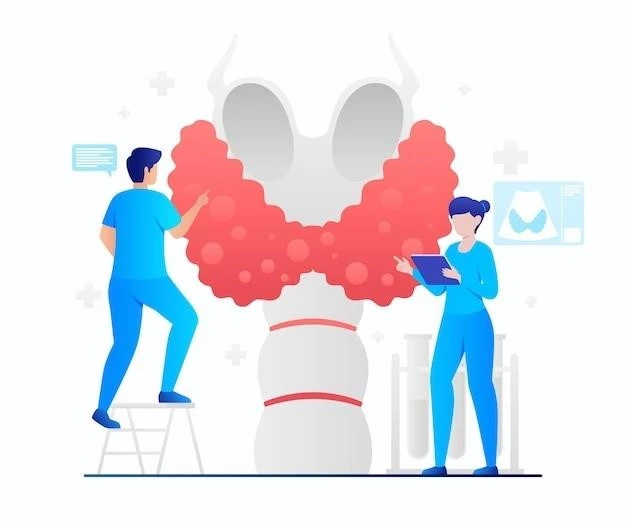Symptoms of Adrenal Gland Hyperfunction
Recognizing symptoms like high blood pressure, weight gain, muscle weakness, and fatigue is crucial in managing adrenal gland hyperfunction. Consult a healthcare provider promptly.
Recognizing Common Symptoms
Common symptoms of adrenal gland hyperfunction include unexplained weight gain, high blood pressure, muscle weakness, fatigue, frequent urination, mood swings, and increased thirst. If you experience these symptoms, seek medical attention promptly for proper evaluation and personalized treatment.
Causes of Adrenal Gland Hyperfunction
Understanding causes like tumors, medications, genetic conditions, or adrenal disorders is key to addressing adrenal gland hyperfunction effectively. Seek medical guidance for personalized care.
Understanding the Root Causes
Root causes of adrenal gland hyperfunction include adrenal tumors, prolonged corticosteroid use, genetic factors, and conditions like Cushing’s syndrome. Evaluating these causes with a healthcare provider is vital for developing a targeted treatment plan and managing the condition effectively.
Diagnosis of Adrenal Gland Hyperfunction
Proper diagnosis involves blood and urine tests, imaging scans, and hormone stimulation tests. Seeking medical evaluation is crucial for accurate diagnosis and tailored treatment.
Steps for Proper Diagnosis
For a comprehensive diagnosis of adrenal gland hyperfunction, healthcare providers may conduct blood tests to check hormone levels, imaging studies like CT scans or MRI, and specialized tests such as the dexamethasone suppression test or ACTH stimulation test. Follow through with all recommended steps in the diagnostic process to ensure accurate assessment and appropriate treatment planning.
Treatment Options for Adrenal Gland Hyperfunction
Effective treatments may include medication management, surgery for tumors or severe cases, or hormone replacement therapy. Consult with specialists for personalized treatment plans.
Available Treatment Methods
Available treatments for adrenal gland hyperfunction may include medications to regulate hormone levels, lifestyle modifications like stress management techniques and a balanced diet, surgical intervention for tumor removal, or hormone replacement therapy. Collaborate closely with healthcare professionals to determine the most suitable treatment approach for your specific condition and needs.

Lifestyle Changes for Adrenal Gland Health
Embrace stress reduction techniques, prioritize quality sleep, maintain a balanced diet, engage in regular exercise, and seek emotional support for overall adrenal gland health. Consult healthcare providers for personalized advice.
Adopting Healthy Habits
Healthy habits such as eating a nutrient-rich diet, staying physically active, ensuring sufficient sleep, managing stress through relaxation techniques, and maintaining a positive mindset play a crucial role in supporting adrenal gland health. Make these habits a priority in your daily routine, and consult with healthcare professionals to tailor lifestyle changes to your specific needs.
Complications of Untreated Adrenal Gland Hyperfunction
Untreated hyperfunction can lead to severe health issues like heart disease, stroke, or organ damage. Timely intervention is essential. Seek medical care promptly.
Risks of Neglecting Treatment
Neglecting treatment for adrenal gland hyperfunction can result in escalating symptoms, complications like metabolic disorders, high blood pressure, and an increased risk of cardiovascular issues. By proactively seeking and adhering to treatment, you can prevent long-term health consequences and improve your quality of life. Stay committed to your healthcare plan and consult with specialists for optimal management of your condition.
Adrenal Gland Hyperfunction in Children
Children with adrenal gland issues require specialized care. Early detection and collaboration with pediatric endocrinologists are crucial for optimal management. Seek timely medical intervention.
Special Considerations for Pediatric Cases
Children with adrenal gland hyperfunction may require tailored treatment plans due to their unique needs. Pediatric endocrinologists can provide specialized care, including monitoring growth, hormone levels, and development closely. It is essential for parents and caregivers to collaborate with healthcare providers to ensure optimal outcomes for children affected by adrenal gland issues.
